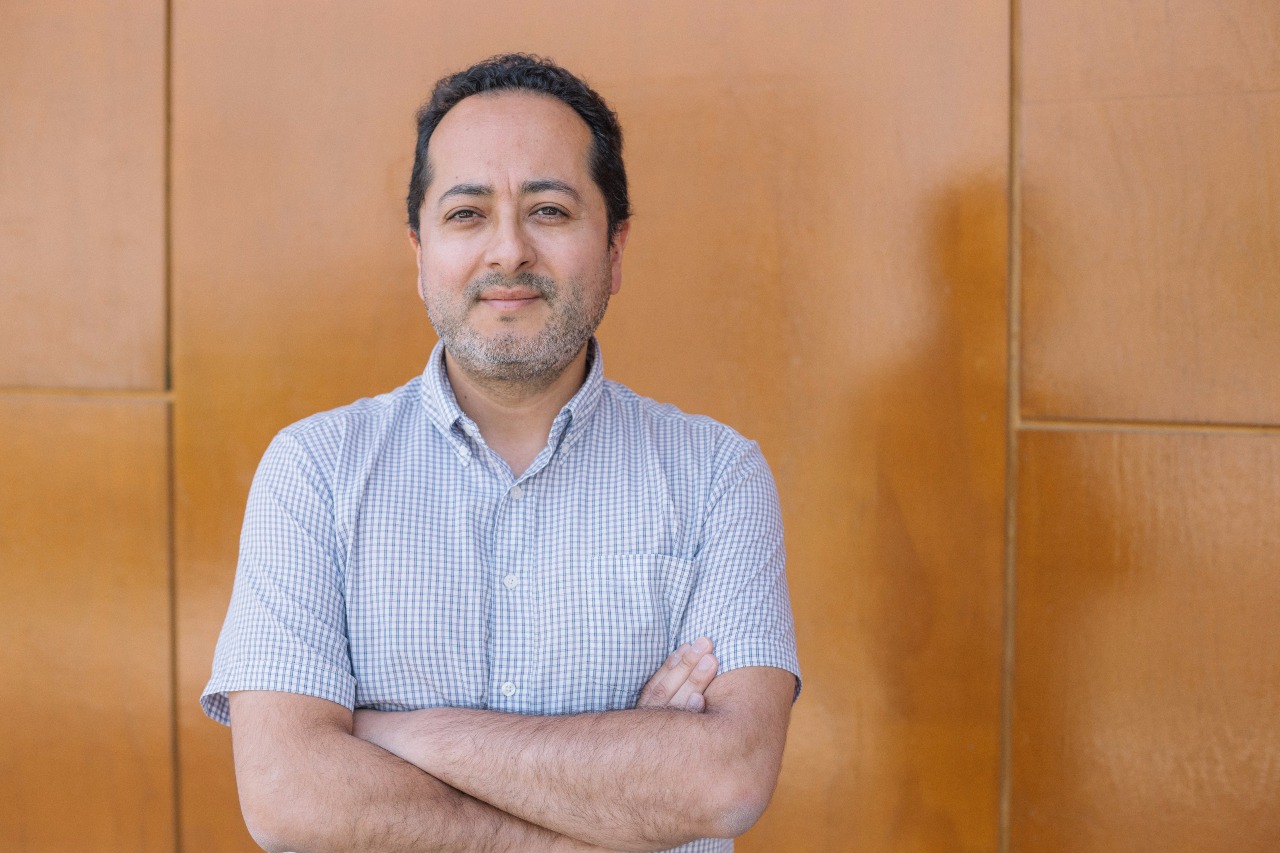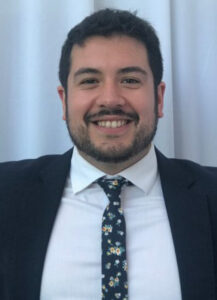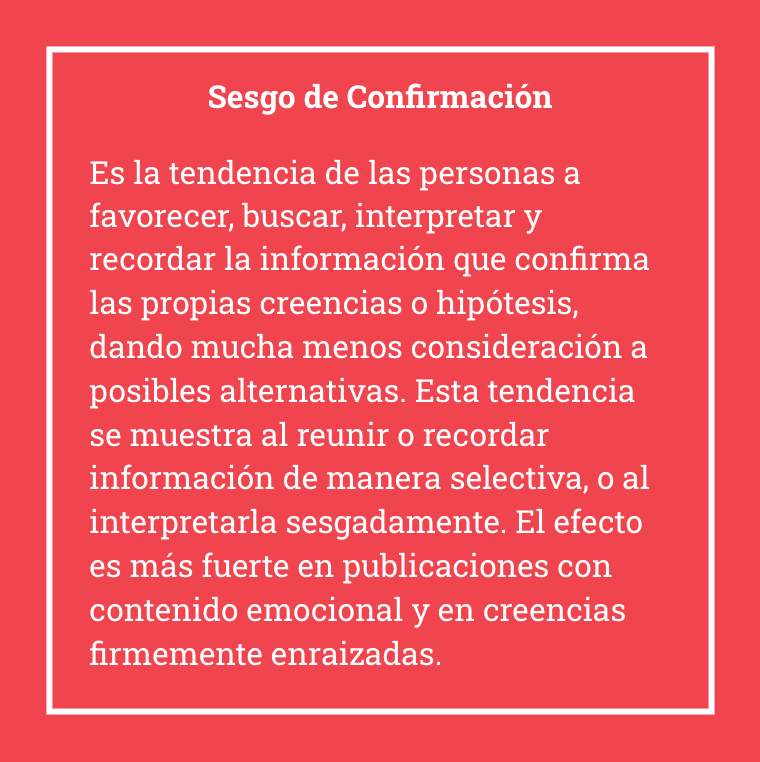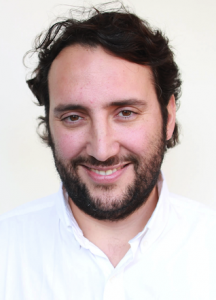Study in Chile shows that fake content on Twitter is more comprehensible than real content
May, 2023. A new interdisciplinary study on the disinformation on Twitter, Facebook and Instagram that circulated in Chile in the context of the social outbreak and pandemic was carried out by Chilean researchers from the Millennium Institute Foundational Research on Data (IMFD).
"The results of the study indicate that the phenomenon of disinformation in Chile presents characteristics of maximum severity, and that there is no single way of dealing with it," says Marcelo Mendoza, an academic from the Department of Computer Science at the Pontificia Universidad Católica de Chile and leader of the study, which was financed by the ANID Fund for Pluralism and was recently published in the journal Applied Sciences.

The research focused on revealing whether there are differences in the way in which content is propagated on social networks according to its level of veracity. For this, they conducted quantitative and qualitative analyses, with data obtained from Facebook, Instagram and Twitter, collected and verified by fact-checkers between October 2019 and October 2021, and focus groups with social network users in the same period.
Unlike previous studies comparing verified vs. fake content on one platform (usually Twitter), here we compared the speed, reach and language characteristics of three types of content - truthful, inaccurate and fake - on three platforms simultaneously.
The study found that both inaccurate and false information spreads faster and reaches more users than true information on Twitter and Facebook. Instagram, on the other hand, would be less affected by this phenomenon.
However, the most notable result occurred when reading comprehension associated with content circulated on Chilean social networks was compared. When comparing readability parameters, the researchers found that false information was more likely to be shared by users with lower reading comprehension skills.
"A relevant aspect we discovered is that access barriers according to reading comprehension are higher for true content than for false and inaccurate content," says Fabian Padilla, one of the authors of the study and director of FastCheck.cl. "This means that "fake news" is simpler, more straightforward and easier to understand - and therefore easier to believe - for People with lower reading comprehension skills.

In addition, true content is shorter and has fewer words, but generates less interest in audiences, which results in shorter conversation threads, less depth, less speed and less participation than those generated by false or inaccurate content.
"The problems we face to stop this phenomenon are several. In general, People are used to reading only what is of interest to them, which adds to the confirmation bias," explains Sebastián Valenzuela, an academic at the School of Communications of the Pontificia Universidad Católica de Chile and another of the authors. Considering the dynamics of this type of information, there is an increasing likelihood that People are being affected by this phenomenon on a daily basis.

The work was led by Marcelo Mendoza, an academic from the Department of Computer Science at the Pontificia Universidad Católica de Chile.The work was led by Marcelo Mendoza, an academic from the Department of Computer Science of the Pontificia Universidad Católica de Chile and included Sebastián Valenzuela, academic from the Communications Faculty of the Pontificia Universidad Católica de Chile; Fabián Padilla, from the Communications Faculty of the Pon tificia Universidad Católica de Chile and director of Fast Check CL; Enrique Núñez, from Michigan State University, USA; Valeria Aldana, from the Universidad San Sebastián and Andrea Riquelme from the Universidad de Talca. Also assisting were Sebastián Campos, Renato Bassi and Eliana Providel, all USM students, and Claudia López, an academic at the same university.

The results of this study are freely available and can be viewed at: www.desinformación.cl. On the same website, different tools will be made available to address this phenomenon, such as online courses for journalists and workshops to promote fact-checking, and the study published at Applied Sciences.
